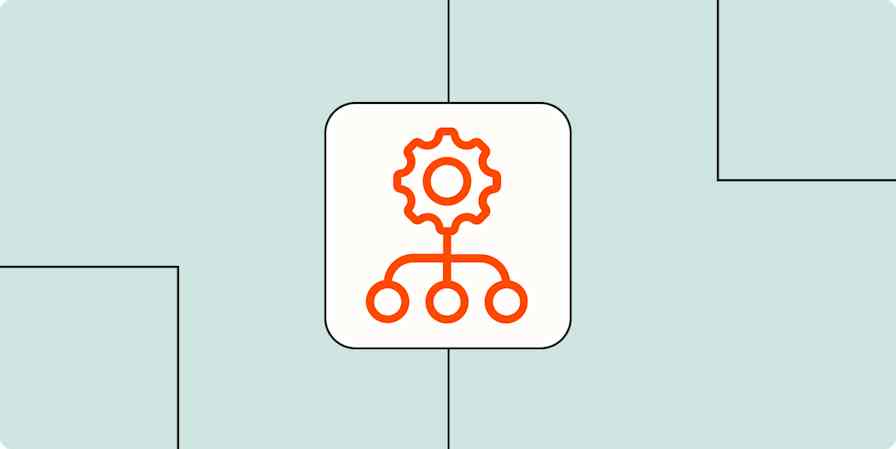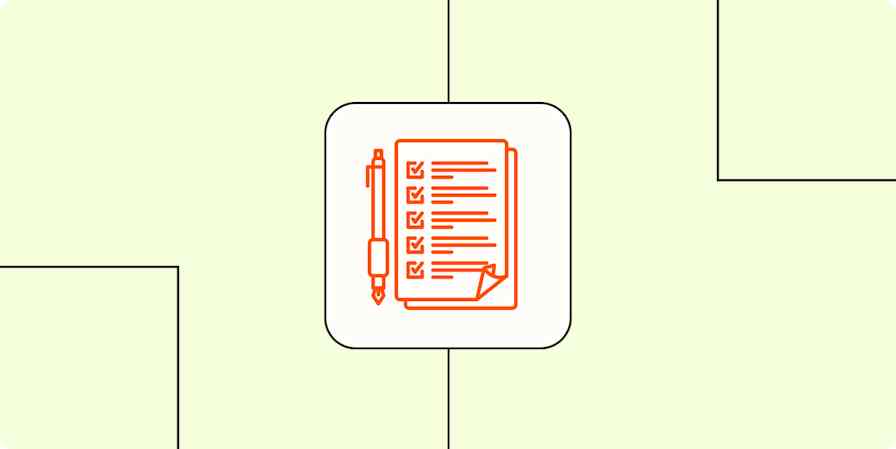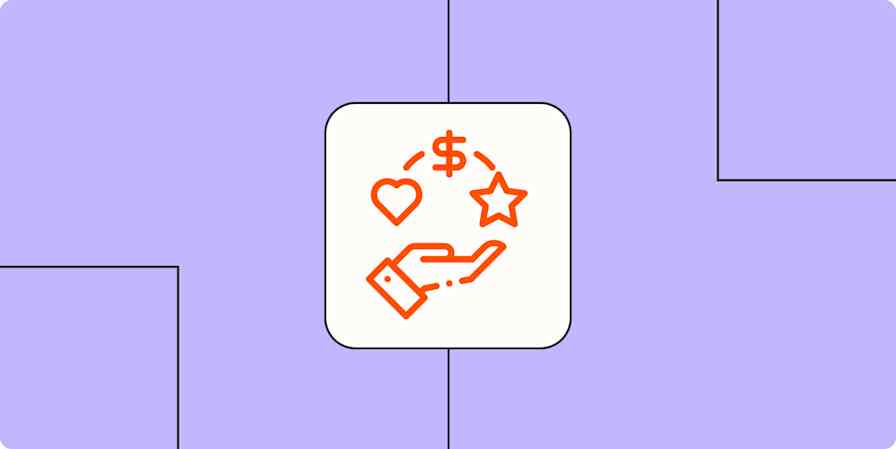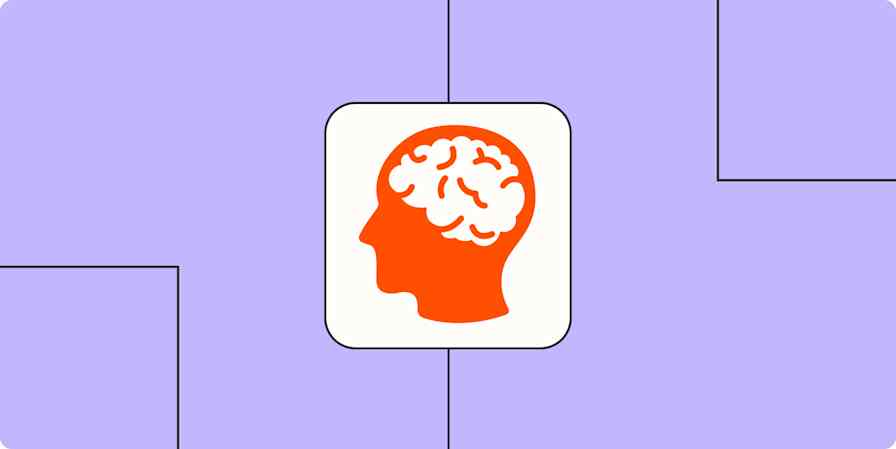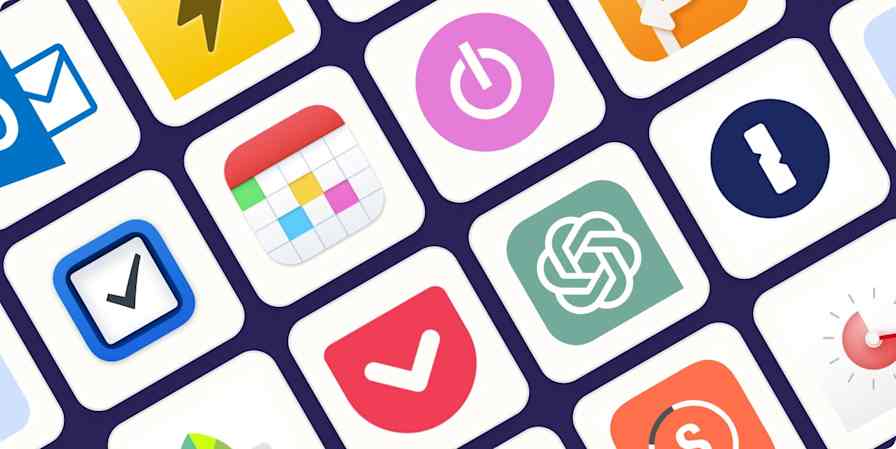Productivity tips
4 min readWe Put Off Drinking Coffee Until 10 a.m. Every Morning. It's Kind of Great.
By Justin Pot · April 23, 2019

Get productivity tips delivered straight to your inbox
We’ll email you 1-3 times per week—and never share your information.
Related articles
Improve your productivity automatically. Use Zapier to get your apps working together.

